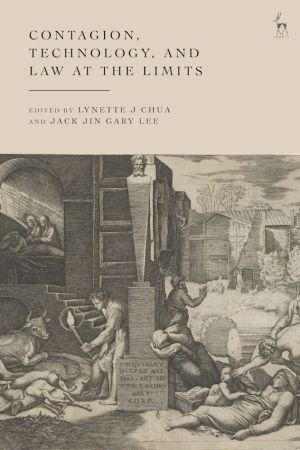
This open access book explores law, politics, and inequality in fights against infectious diseases. Guided by a theoretical framework called “governing through contagion”, the studies in this book analyse how past and present governments have tried to combat contagious diseases, such as the bubonic plague, cholera, HIV/AIDS, and COVID-19.
They examine how these governments used law and other technologies, including waste management, mask-wearing, quarantine stations, house inspections, and the burning of entire neighbourhoods, to achieve their aims of protecting populations and ensuring productivity.
Although the studies recognise the power of the state, they simultaneously emphasise the active roles of technologies and creatures, drawing attention to the often-taken-for-granted workings of the non-human in public health governance. They also consider the implications of strategies of control on marginalised communities and democratic politics. Collectively, the studies in this book bring attention to the connections between COVID-19 responses by governments and their historical antecedents, shedding light on the role of capitalism, colonialism, and geopolitics in circulating contagions and the strategies used to control them.